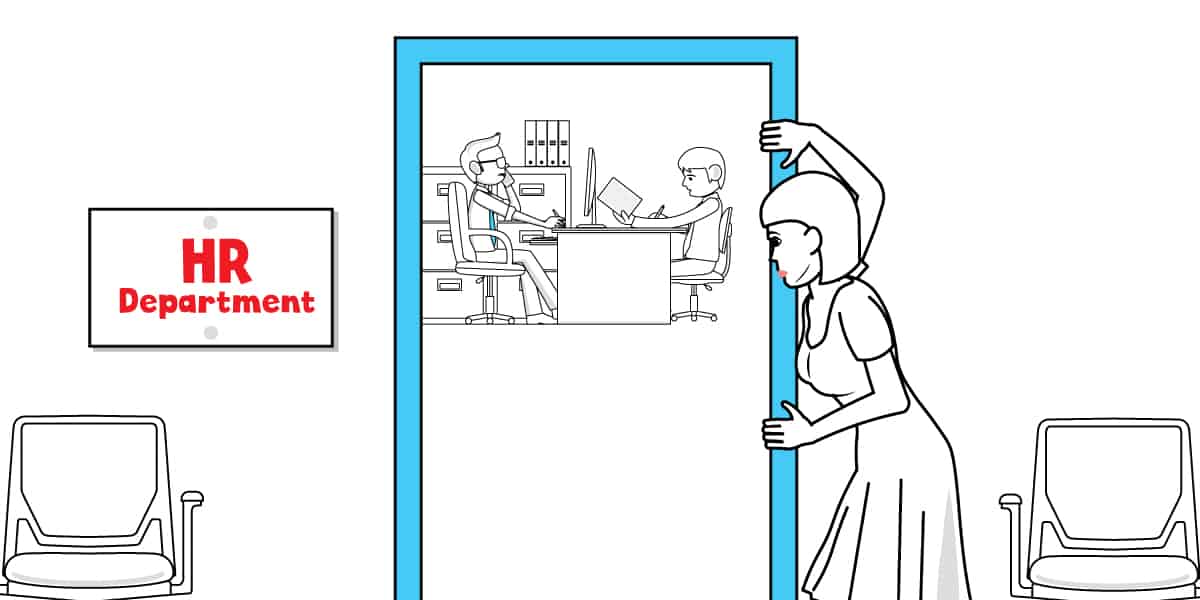It is inevitable (for most of us) that we’ll be unsuccessful for many more job applications than we are successful. Yet despite all the practice we get in being told we’ve not got a position, many of us don’t learn from the interview experience.
A former colleague of mine had a saying that ‘there’s no failure, only feedback’. This is so very true of an ‘unsuccessful’ interview.
Step One
Actually, the first thing to realise is what you’ll NOT learn from an interviewer. The interviewer is usually not the person to provide you with career advice. I’ll regularly have people ask me for career guidance at the completion of a recruitment project. However, I routinely suggest they engage in such conversations with their manager, mentor or confidante, i.e. a person who is closely aware of their work and career setting.
Career decisions are too important to rely on advice from a person who has only had limited involvement with you.
The interviewer can however provide some feedback, including valuable information on how you ‘performed’ at interview.
A key tip is to avoid the temptation to argue your case when feedback is being given. Anyone in recruitment can give you stories of how a genuine attempt at providing feedback quickly degenerated into a situation where the person seeking feedback became argumentative.
I once found myself facing a possible hearing in front of the Human Rights Commission. This was because the person claimed my feedback indicated he’d been discriminated against based upon age. (I was ‘saved’ when it was learned that the 3 people shortlisted were in fact older than the complainant.)
Is it any wonder that so many interviewers take the safer route by providing no feedback? An old Careerone blog post provides some useful tips on gaining feedback and it can be accessed by clicking here.
Step Two
If step one is to seek feedback from the interviewer, then step two is to engage with your mentor or confidante. Share whatever insights and information you have gleaned so that you can have an open, constructive conversation; a conversation that at times will require courage from your mentor.
You really don’t need to be told by me again that the number one inhibitor to any learning is the attitude of the person seeking the advice. No matter how strong the relationship, I’m aware of many cases where valuable insights were withheld because the person became touchy during the discussion.
The best advice I’ve heard is for the seeker of advice to ask “If there is ONE THING you’d encourage me to work on, what would it be?”
I’m aware of one person who was regularly disappointed at missing leadership roles. He could not understand why. His verbal communications were really not of the level expected of a leader – but no-one was prepared to venture into such a conversation. He then asked the ‘One Thing’ question and the response was “your verbal communications”. (Unfortunately for this person the learning stopped there because he then angrily asked his manager “what’s wrong with my communications?!”).
Step Three
This is really the key. You need to consider what you’ve learned and engage in deep reflection. At times this will require ‘reading between the lines’. Perhaps you’ll also go back to others to seek clarification. Ideally this reflection will translate into some developmental steps for you to follow.
Underpinning philosophy
I should remind you that you can be unsuccessful in an application for reasons not understood by you. So, you need to trust in the process and the outcome. If successful, the best attitude to adopt is one that says “great, that role was not the one for me….and there’s a better role just around the corner”.

